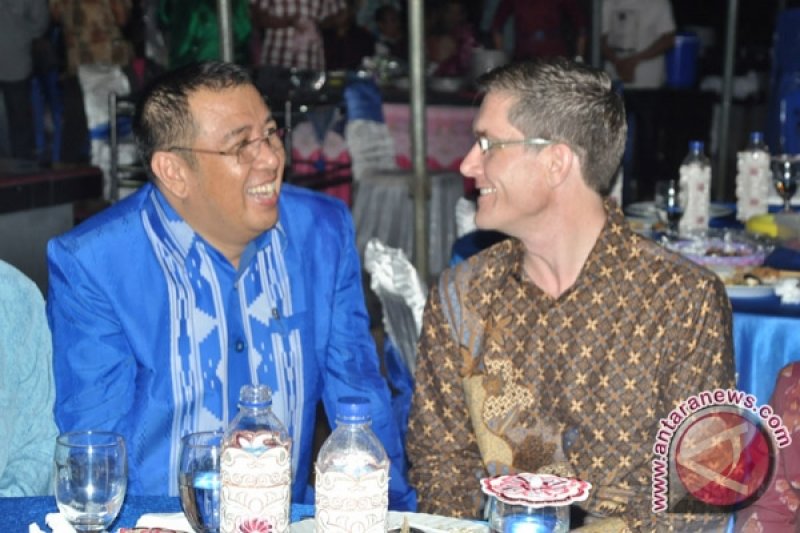Kendari, SE Sulawesi, Sept 8 (ANTARA) - Oral traditions containing moral values have an important role to play in forming the nation's character, Deputy National Education Minister Fasli Jalal said.
"We are often at a loss about the right concept to build the nation's character but in reality it already exists in our oral traditions," Fasli Jalal said in a video conference at the opening of an international educational workshop themed "Celebrating Diversity" here on Thursday.
The Celebrating Diversity international workshop is organized by Oral Tradition Association in cooperation with Haluoleo University to discuss various oral traditions in a bid to uncover the mystery behind the problem related to the potential inter-ethnic conflict in Southeast Sulawesi.
Lasting for three days from Thursday to Saturday, Sept 8-10, 2011, the international workshop at Haluoleo University campus in Kendari is participated in by experts from several countries such as Singapore, Brunei Darussalam, and Timor Leste.
Fasli Jalal said the National Education Ministry at present is intensively developing character education through oral tradition.
Therefore, he said oral tradition played an important role in character development.
According to him, Indonesia is a pluralist country with a variety of cultures as a dominant factor of harmony.
"Sometimes we forget that Indonesia is a pluralist country that can serve as a teacher for other countries in terms of harmony," Fasli said.
Meanwhile, Indonesian National Committee for UNESCO Chairman Arief Rahman said the tension between traditional and modern communities was a challenge in the 21st century.
"We need to have some basis of social participation, to become a good community, and to respect the cultures of others, and
I want to give a solution that educational is one of them," Arief Rahman said.
He said number one solution to any problem is personal education from the family and from the outside.
Speaking about cultural diversity, Arief Rahman said Indonesia has more than 583 ethnic languages that could make the country a laboratory of culture.






